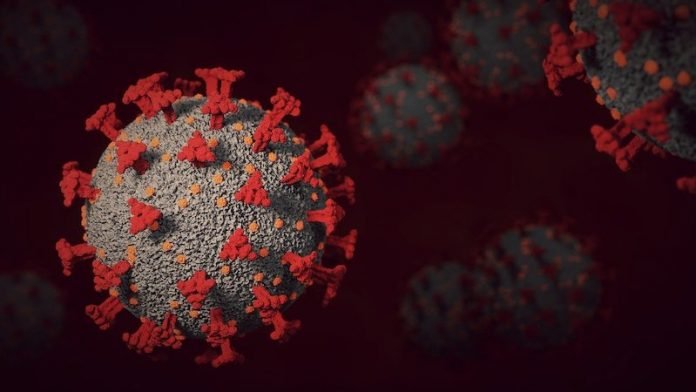
The omicron variant of SARS-CoV-2 represents a step-change in the COVID-19 pandemic with record numbers of new daily infections being reported around the globe.
However, quite why omicron is spreading so rapidly remains unknown.
In a new study from the MRC-University of Glasgow Centre for Virus Research, researchers found fundamental changes that are likely to be important for omicron spread and disease.
In the study, the team used laboratory experiments and real-world infection data to investigate omicron.
Researchers found in laboratory tests that omicron is largely unaffected by the antibodies provided by two doses of the COVID-19 vaccine, but responses are improved by a third-dose booster.
Importantly, this is confirmed by analysis of real-world infection data; omicron escapes immunity from two vaccine doses, but three doses restore good levels of protection.
The work also provides evidence that omicron has switched its route of entry into human cells, from cell surface fusion to cathepsin-dependent fusion within the endosome.
The team says this fundamental biological shift is likely to influence omicron spread and the types of cells it can hijack.
These changes may also affect the pathogenesis and severity of disease, and researchers say they require further evaluation in population-based studies.
One researcher of the study is Brian J. Willett.
Copyright © 2022 Knowridge Science Report. All rights reserved.



